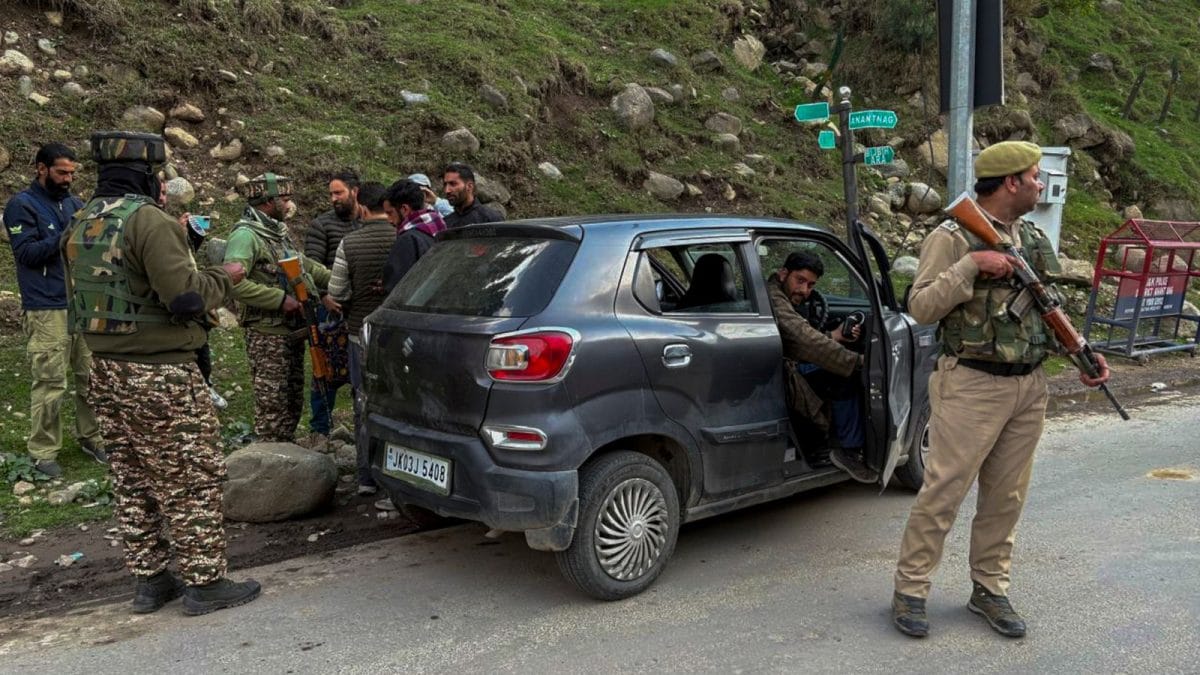Chilling Encounter: Terrorists Demand Religious Proof Before Deadly Pahalgam Attack, Survivors Reveal

In a chilling account of targeted violence, eyewitnesses reported that militants systematically identified and executed tourists based on their religious affiliation. The terrorists reportedly employed a brutal screening method, demanding individuals recite the 'kalima' - a fundamental declaration of faith. Those who failed to do so were summarily executed on the spot, creating a horrifying scene of religious-based discrimination and violence.
Survivors described the harrowing moment when the attackers singled out specific individuals, using their religious knowledge as a life-or-death test. Men were particularly targeted, forced to prove their religious identity through the recitation of the sacred declaration. Those unable to meet the militants' criteria were tragically shot dead, transforming what should have been a peaceful journey into a nightmare of religious persecution.
